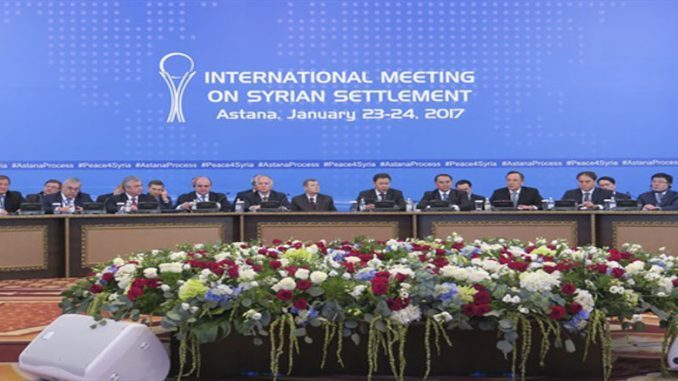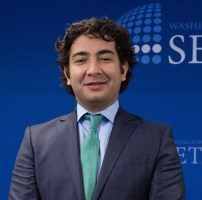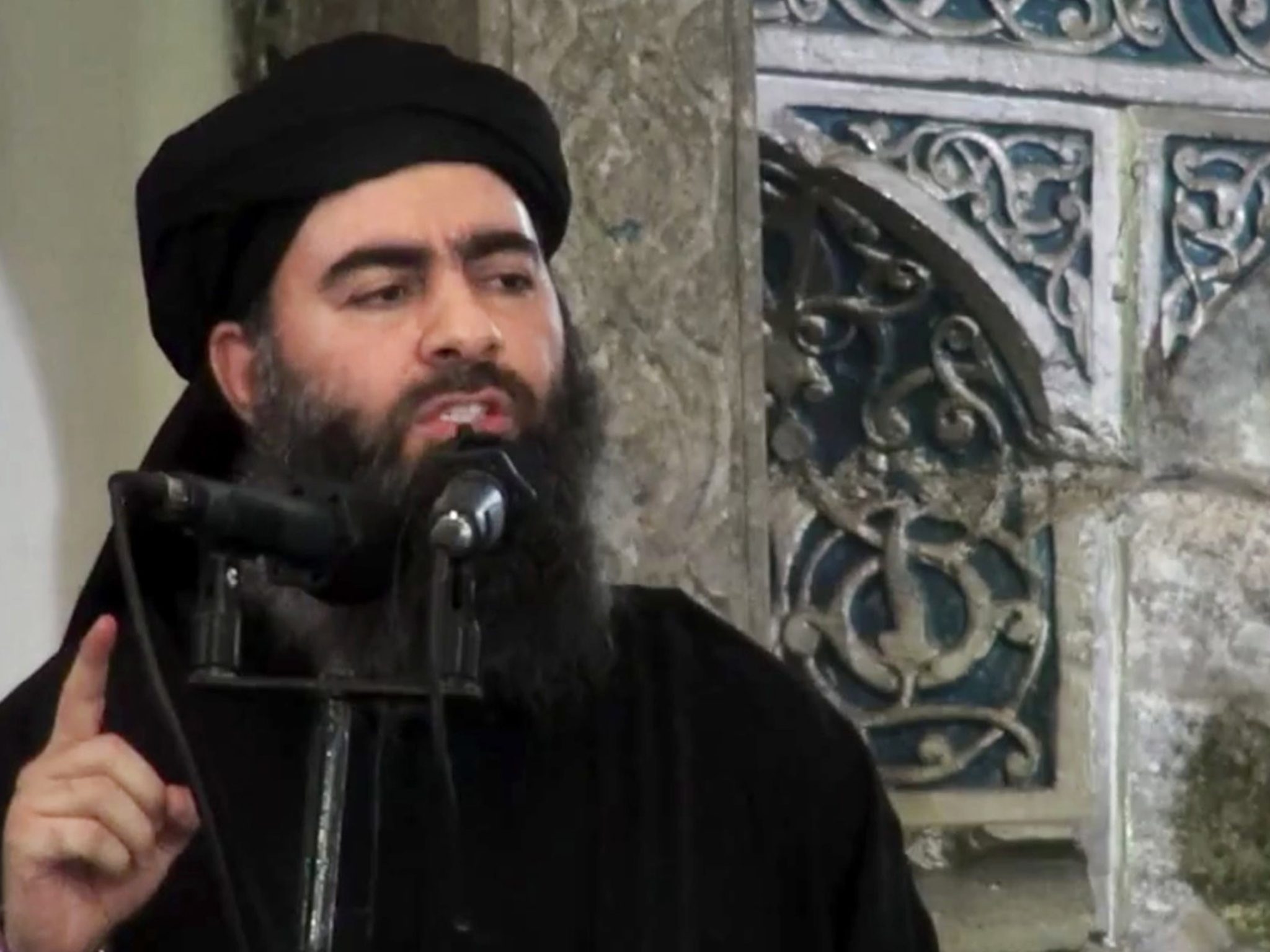
 BY: Yasin Aktay*
BY: Yasin Aktay*
The weather for peace and solution in Syria is rapidly interchanging between clear and overcast. Just when everything is thought to have taken a turn for the worst and the sky is covered in dark clouds, a new development clears the clouds and the new horizon that appears restores hopes. Then, just as progress is being made through this horizon, a new development looms over again like a dark cloud.
In the beginning, it was thought that U.S. involvement could change everything in the positive direction. The first concern of the U.S., which took the lead in convincing the world that Bashar Assad was personally and primarily responsible for the massacres and interrelated with terrorist organizations, in relation to Syria, was to take care of Assad. But its direct intervention on Syria left Assad aside and turned into a fight against Daesh, which was thrown in front of Assad.
Ever since the start, this was showing that either the U.S. was not after a solution in Syria – on the contrary, it wanted the insolubility to become constant – or, if we were to believe, that the U.S. rose to the Daesh bait thrown by Assad. Of course, what would be worse is that the U.S. used Daesh as an excuse in order to be able to apply its agenda which it has been hiding from all. With time, it became clear that the latter was the one that is actually probable.
The U.S. has a plan that it has never shared, especially with its allies, and it is trying to apply this plan step by step. Whether the things it appears to be losing from the outside in the meantime are part of this plan or whether they are real losses, nobody has the chance to know, because no one knows the plan but the U.S.
Of course, we are going to constantly have to ask what a U.S. that has lost the trust and friendship of everybody in the meantime might be gaining in exchange for this. Perhaps the U.S., with its massive CIA and State Department, really is continuously struggling in a mangle, without any idea how it fell into that position. These days, we have been witnessing surprise developments confusing those who attribute great rationalities to U.S. politics and it appears that there is more to see.
For the U.S., having lost significant confidence and reputation and increasingly moving away from being a ray of hope for peace, the probability of a change with the election of Donald Trump could perhaps have created “a hope.” The statements he made before and after his election campaign were serious reasons for this hope.
The other day, U.S. President Trump said it was “compulsory to create a safe zone” in Syria. Stating that the U.S. would be doing something about this, he gave rise to the likelihood of a new change. In appearance, this is what Turkey wanted from the very beginning, but on top of the slightly positive climate that formed after the summit in Astana, Kazakhstan, the possibility that this safe zone might be a Democratic Union Party (PYD)-controlled area came to mind. It is very clear that such a zone would provide safety for no one and provide no solution to even the Kurds other than the 10 percent supporting the PYD, let alone Syrian Arabs.
Fortunately, it is starting to become clear that this statement, which was not fully clarified, referred to a zone on the border with Jordan and Israel. We are saying it is starting to become clear because there is still no proper explanation regarding this matter. If this is the case, concerns that the matter is going to have an aspect worried about Israel rather than the people of Syria is already being voiced. We can already consider that such a zone will seem appealing to the EU, thinking that it will, in any case, prevent migration to Europe.
On a different note, there is no doubt that a new atmosphere has formed with Iran entering the new door that is opened from Astana to the solution domain in Aleppo, which has shrunk quite a bit, through Turkish-Russian cooperation. Of course, the Astana meetings were not alternatives for Geneva, which was considered to be held on Feb. 8 and postponed to late February as of today. Its primary aim was to make permanent the cease-fire in Syria and expand it to all regions of Syria. In other words, Astana’s agenda was an entirely military agenda, with no plans to discuss the political aspect of the issue – and as far as it is known, it was not discussed.
However, it became clear that Russia came to this meeting, which made it possible to sit the armed opposition at the same table with the regime for the first time since the problem broke out in 2011, with a constitution proposal and distributed it to the opposition. Frankly, this was like sabotaging the extremely positive atmosphere that was achieved with the Astana meetings. Because just as nobody in Astana was expecting such a political negotiation, the contents of the proposed constitution is something that would be rejected not only by the opposition forces in Syria, but also by 90 percent of the existing sides. With such a proposal coming up on the agenda right at this stage, there may be no need for any other reason to provoke all the sides that were barely convinced to agree on a cease-fire to continue fighting.
Perhaps naming Syria as the Republic of Syria instead of Arab Republic might be generally accepted, but matters such as de-Islamizing the country’s identity, an autonomous Kurdish region, et cetera are very serious issues and voicing these at this stage can easily be taken as the provocation of the warring sides.
The constitution proposed at this point is even worse than the current Syrian Baath constitution. Though, it is worth thinking over this matter separately. Because the Syrian regime is in this state even while Islam is the source of legislation in today’s Syria. Not only Syria but all Arab regimes, actually, Egypt in particular, regarding themselves entirely independent of Islam in all their practices, despite it being stated in their constitution that their source of legislation is Islam, leads one to think about what kind of function such an article serves.
Commitment to Islam and Islamic values is a principle that is included in the constitution but not being taken seriously at any level.
Even if it has no function, keeping it in the constitution is one thing, and touching it is another; and currently, this is the first thing that stands out in the constitution proposed for Syria. Just think what kind of dark clouds this would cast over the cities in Syria.
*Yasin Aktay is the vice chair of the ruling Justice and Development (AK Party) in Turkey.
(Published in Yeni Şafak Turkısh newspaper on Saturday, Jan. 28, 2017)



